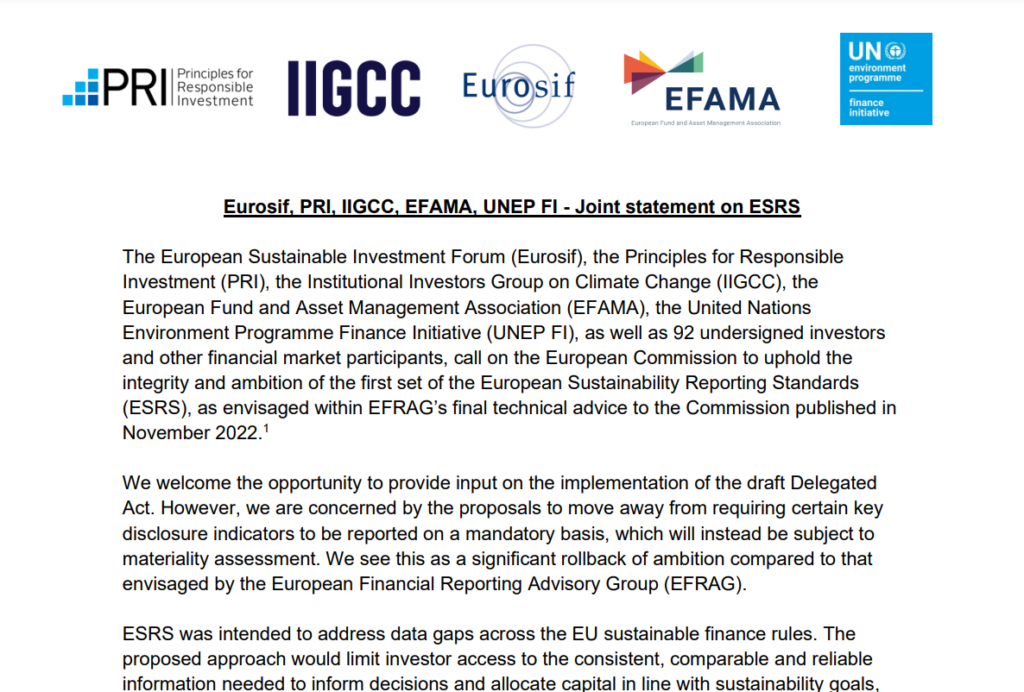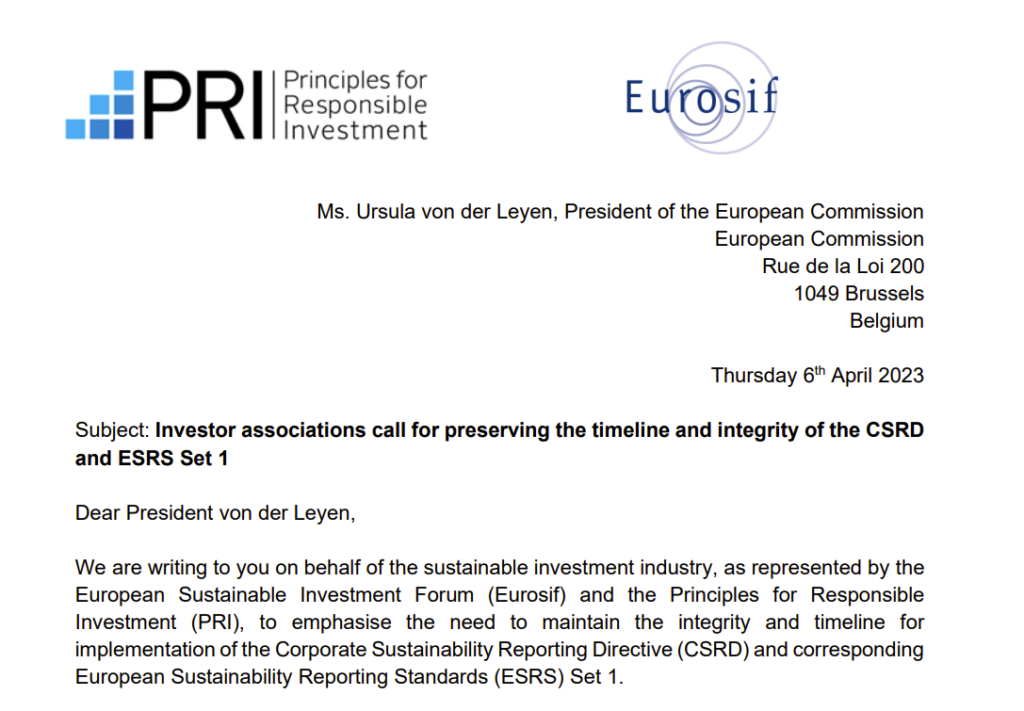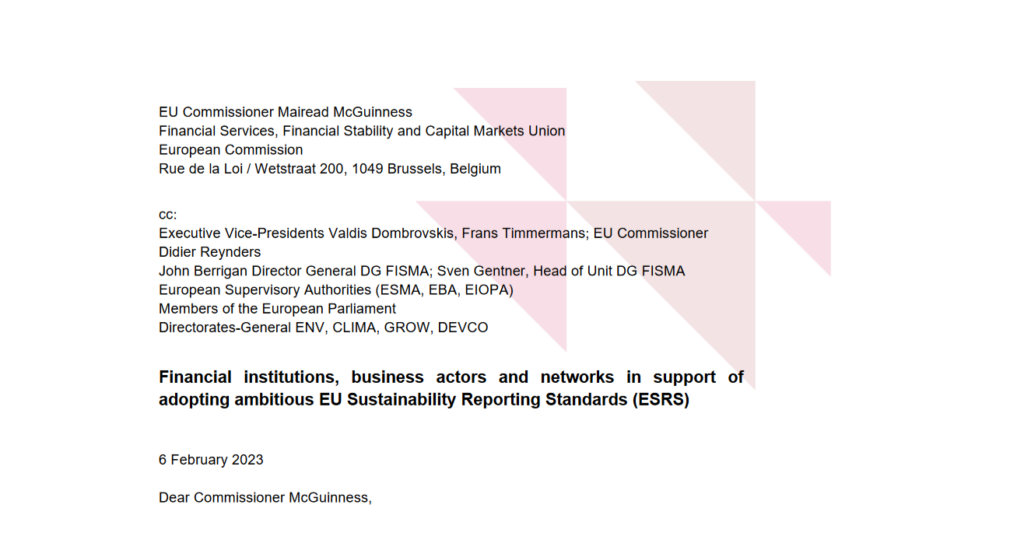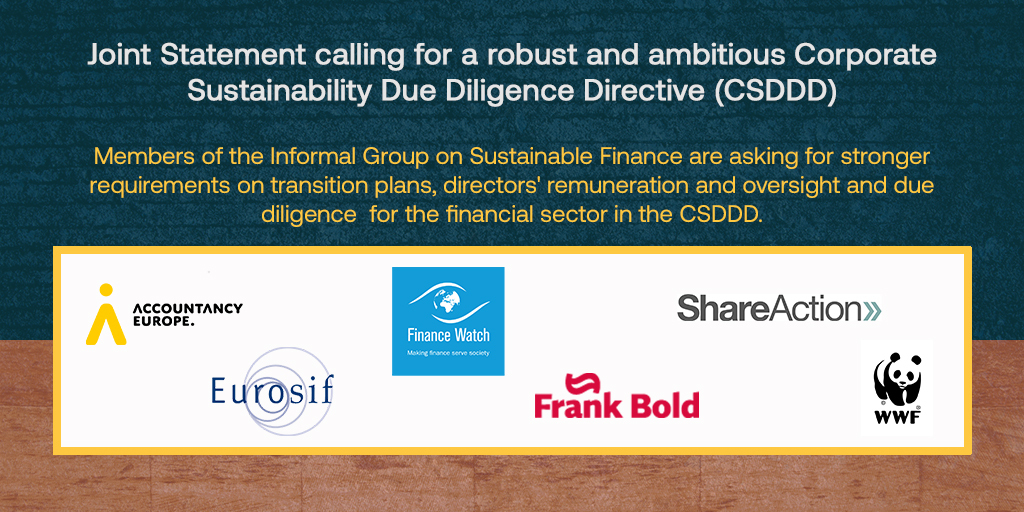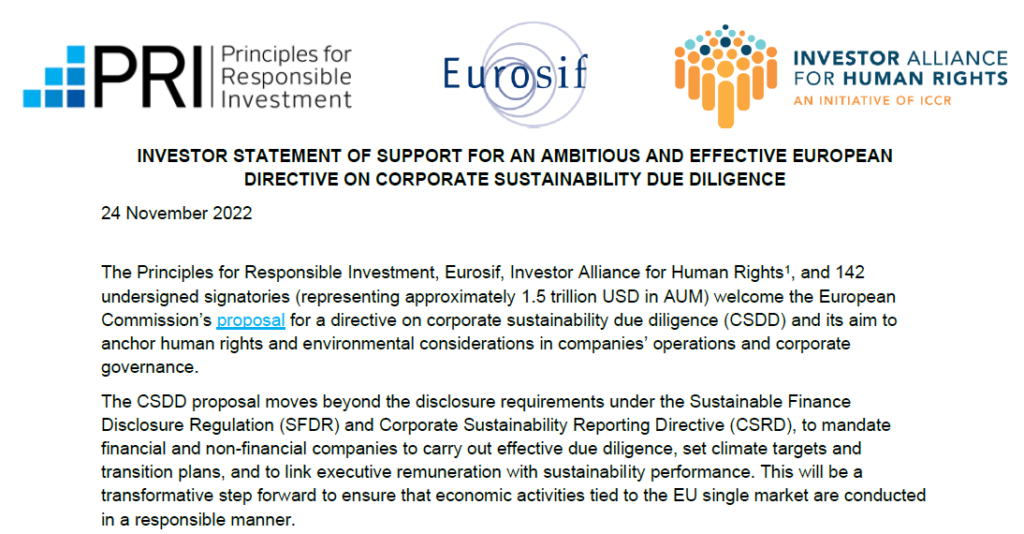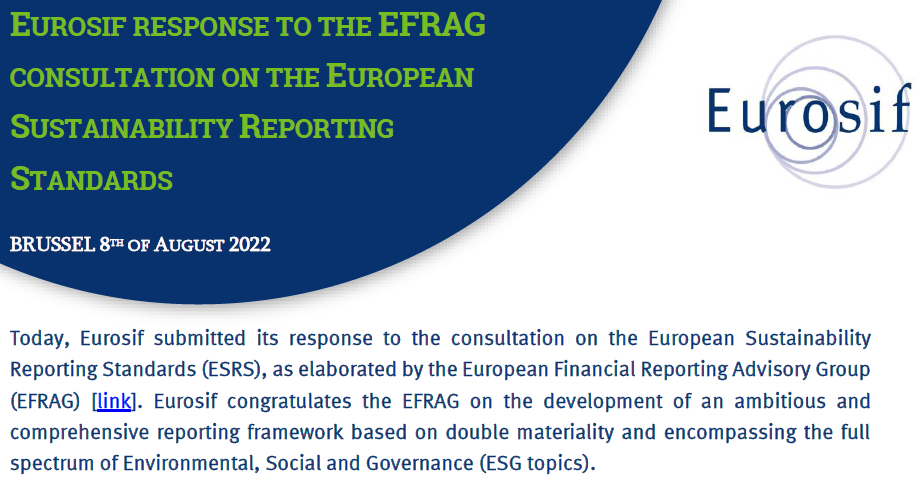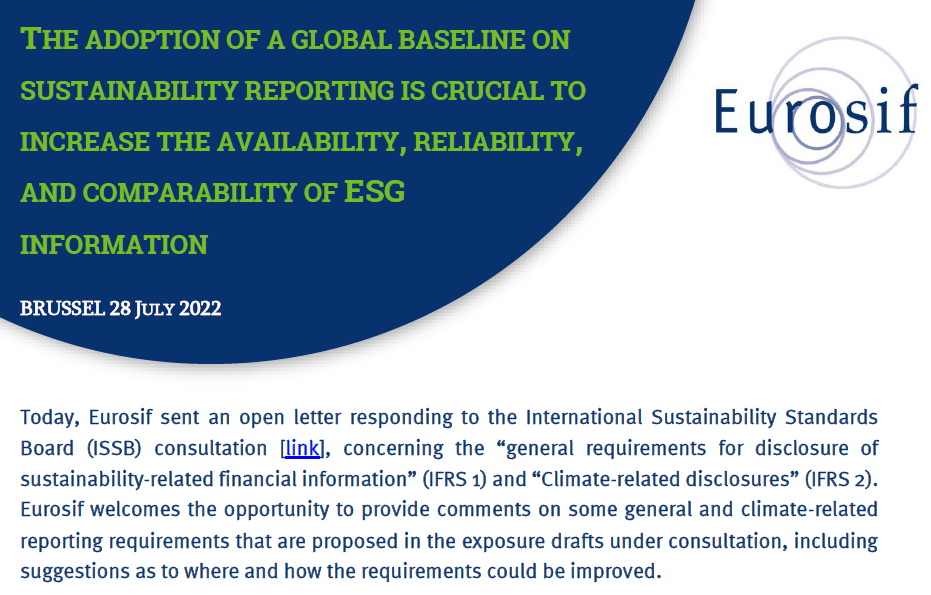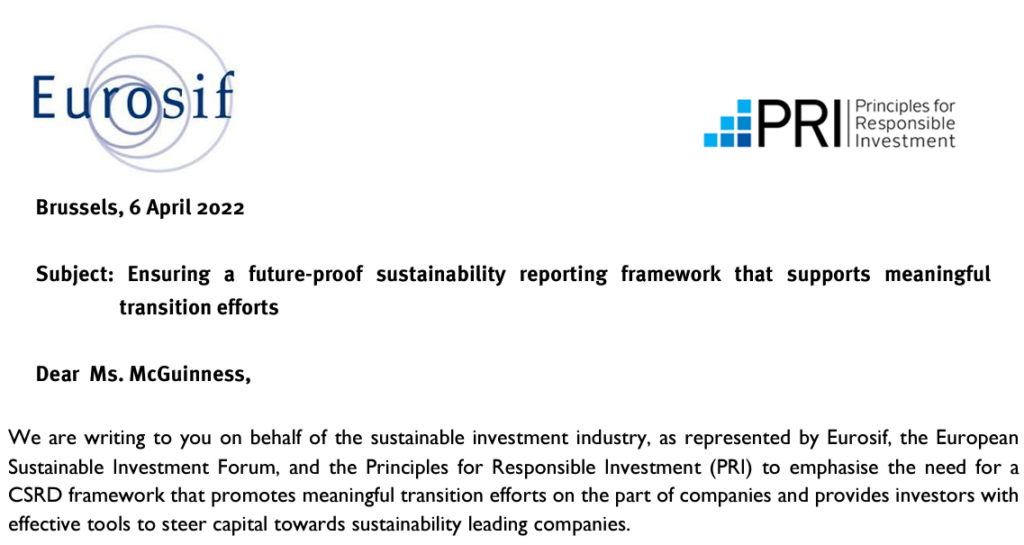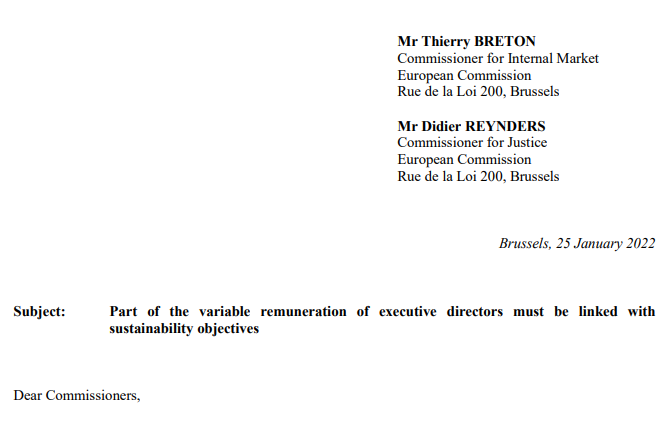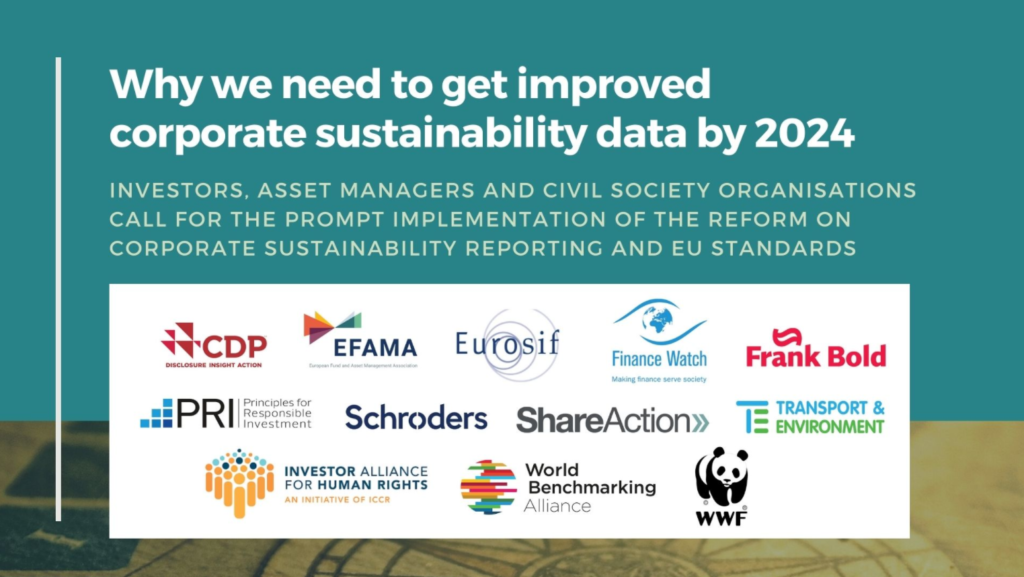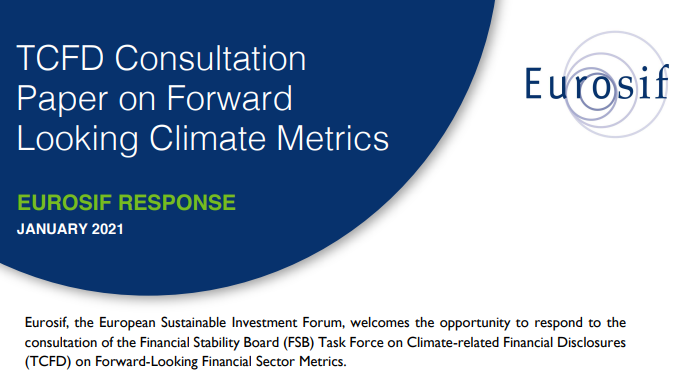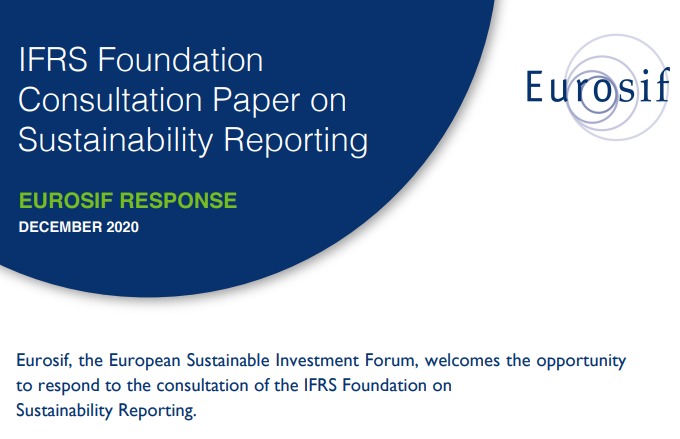Corporate Sustainability Reporting
The Corporate Sustainability Reporting Directive (CSRD) sets out new rules to improve the quality, clarity and comparability of companies’ sustainability reporting. It strengthens and builds on the previous requirements of the Non-Financial Reporting Directive (NFRD). The scope of the CSRD covers all large EU companies (more than 250 employees and more than €40 million in annual turnover or more than €20 million balance sheet), all companies publicly listed on EU financial markets, and all companies with more than €150 million annual turnover in the EU.
Following the principle of double materiality, CSRD requires the disclosure of both the impact of sustainability factors on the financial performance of the company, and the impact of the company’s activities on the environment and society. CSRD also requires the audit of reported information by external assurers.
This reporting must be done according to the European Sustainability Reporting Standards (ESRS), whose development is entrusted to the European Financial Reporting Advisory Group (EFRAG). The first set of sector-agnostic ESRS was adopted by the European Commission in July 2023 and its phased-in application starts for the largest EU companies in January 2024, for a first reporting in 2025.
The information reported under the CSRD using the ESRS will be essential for investors and other stakeholders when assessing the sustainability-related financial risks and impacts of companies, which in turn will foster more informed investment decisions aligned with a just transition towards a more sustainable economy.



